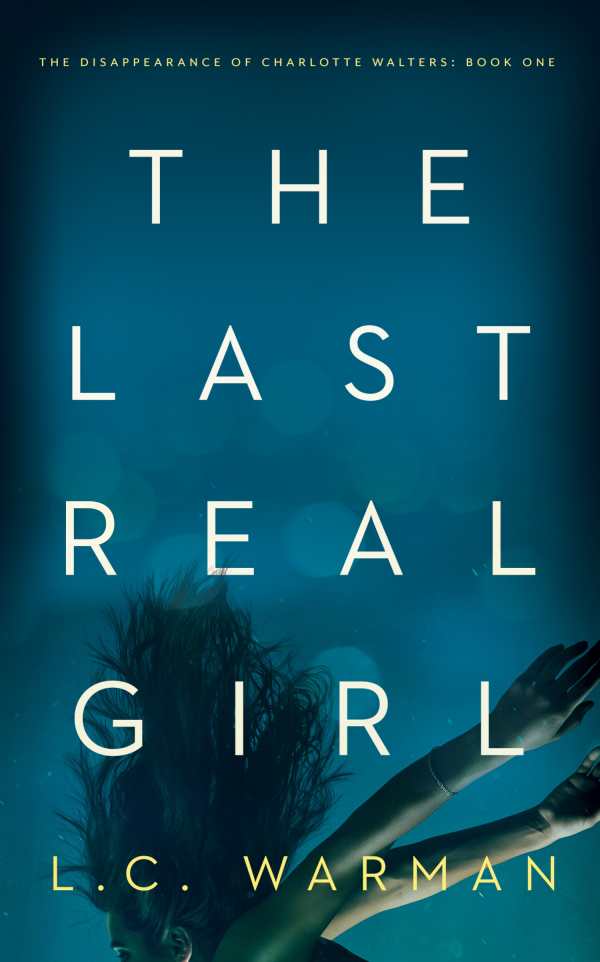The Last Real Girl
A beautiful high school student, Charlotte, disappears from a Halloween party in L. C. Warman’s The Last Real Girl, which gradually unveils the lakeside town that bred her. An enticing cast of suspects emerges as Reese, Charlotte’s best friend, narrates.
St. Clair is a wealthy town that prides itself on its charm and unusual lore. As transplants, Reese and her mother are without the connections enjoyed by locals, but Reese isn’t put off by their outsider status. Here, everything that looks perfect is bound to give way to trouble. Against a wintry, suspenseful environment, Reese tries to figure out what happened to Charlotte, growing assertive in her absence.
Charlotte approximates a myth. Through the effective revisiting of her comments and memories that take on additional meanings, Warman crafts a dense portrait of the girls’ friendship. The text highlights love, Charlotte’s vulnerability, and Reese’s redefinition of herself. An intriguing blend of realism and reflection, unsettling discoveries and natural consequences, the book stops short of providing answers.
Teasing that Charlotte fell victim to murder, suicide, or a prank, the mystery leaves room for subsequent volumes. It’s deliberate in its tension: sometimes thick with brooding characters, relying on withheld information and dropped hints to build toward the suspicion that St. Clair is hiding something ominous. Evasive characters add to this unease. The sharpest among them is Charlotte’s older brother, Aiden, whose shifts from open concern to unreadable, stormy aloofness keep Reese on edge. Between loyalty and grief, Reese’s determination to find her friend solidifies the plot.
The Last Real Girl focuses on the flaws of a privileged sanctuary. In this young adult mystery, nothing can be taken for granted and no one connected to the missing girl is untouched.
Reviewed by
Karen Rigby
Disclosure: This article is not an endorsement, but a review. The publisher of this book provided free copies of the book to have their book reviewed by a professional reviewer. No fee was paid by the publisher for this review. Foreword Reviews only recommends books that we love. Foreword Magazine, Inc. is disclosing this in accordance with the Federal Trade Commission’s 16 CFR, Part 255.

